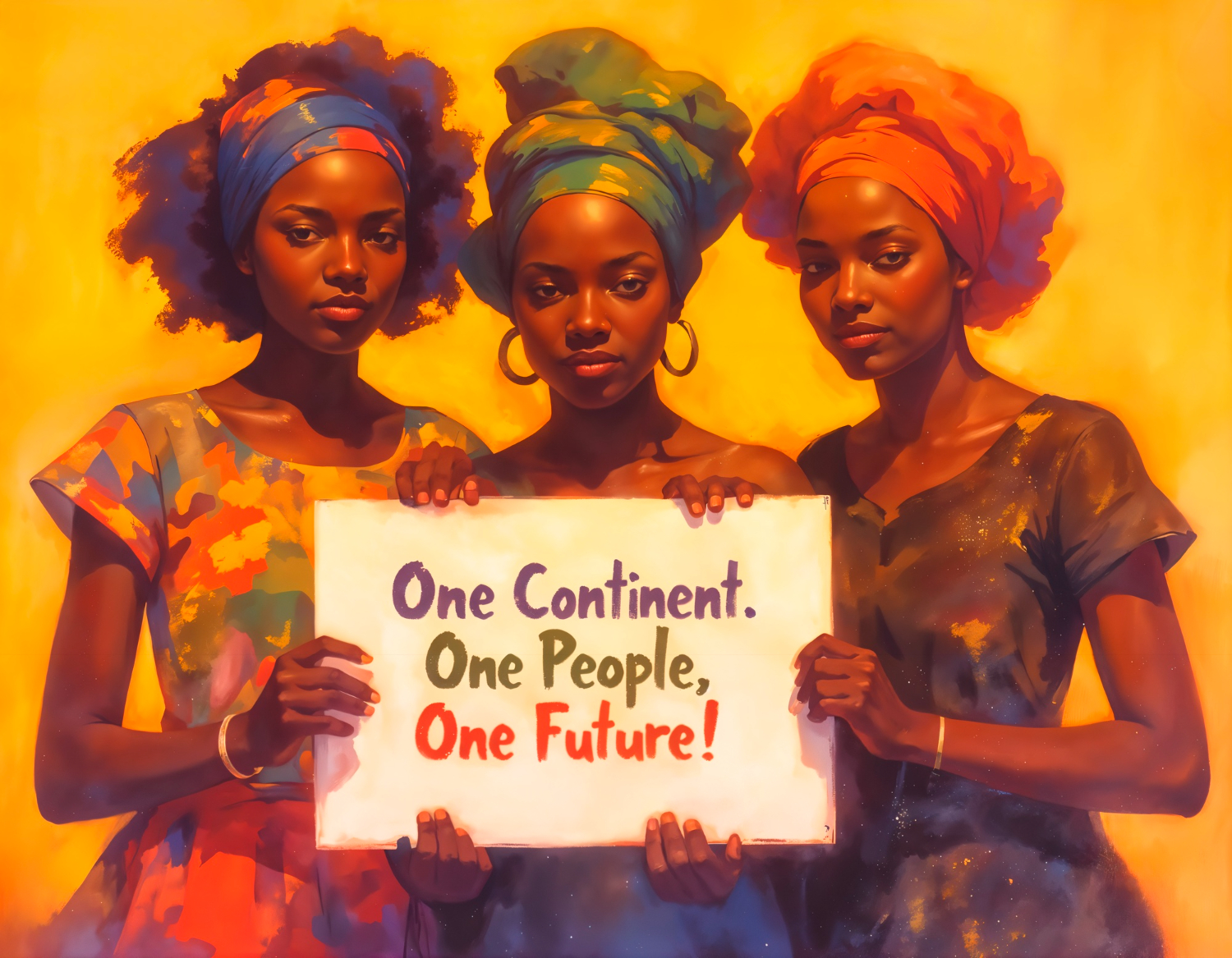



Policy-Oriented Research: Conducting evidence-based studies on peacebuilding, conflict dynamics, and resilience specific to the Horn of Africa’s social, political, and environmental contexts.
Conflict and Fragility Analysis: Assessing conflict trends, drivers of fragility, and interlinkages between climate change and security in the region.
Impact Assessments: Evaluating the success of peacebuilding, humanitarian, and resilience programs across the Horn of Africa.
Baseline and Needs Assessments: Identifying local needs in conflict-affected communities, climate-vulnerable vulnerabilities, Emergency management and Disaster Risk Reduction
Digital Landscape Mapping: Researching the use of technology in peacebuilding, Crisis response, Disaster Risk Reduction and assessing opportunities for innovation.
Peacebuilding and Conflict Resolution: Workshops tailored to traditional and modern conflict resolution practices in the Horn of Africa.
Digital Peacebuilding Skills: Training on using social media, digital tools, and online platforms for dialogue, advocacy, and early warning systems.
Humanitarian Action in Complex Contexts: Skills development for managing crises in areas affected by armed conflict and natural disasters.
Climate Adaptation and Disaster Resilience: Training on community-based approaches to climate change adaptation and disaster risk reduction in arid and semi-arid regions.
Leadership for Resilience: Building capacity in community leaders and youth groups to promote dialogue and lead peacebuilding efforts.
Disaster Risk Reduction: Training focused on Disaster risk assessment and hazard identification, emergency preparedness and response, and vulnerability analysis.
Conflict-Sensitive Program Design: Developing tailored solutions for NGOs, governments, and donors in the Horn of Africa.
Digital Conflict Management Strategies: Advising organizations on leveraging technology for conflict monitoring, reporting, and resolution.
Cross-Border Peace Initiatives: Supporting collaboration between communities and governments in addressing shared challenges like cross-border conflicts and resource disputes.
Stakeholder Engagement: Facilitating inclusive engagement among governments, civil society, and marginalized groups.
Policy Recommendations: Offering actionable policy advice on governance, peacebuilding, Disaster Management and climate action.
Community Dialogues: Facilitating traditional and digital platforms for inter-community dialogue on peace and development.
Mediation Services: Assisting in resolving disputes over resources, political differences, or inter-ethnic tensions.
Peace Through Art: Using creative expression (music, theater, visual arts) to build empathy and mutual understanding.
Cultural Preservation: Protecting cultural heritage as a means to foster identity and reconciliation.
Social Media Campaigns: Designing initiatives to counter hate speech, promote tolerance, and build awareness of peace efforts.
Digital Early Warning Systems: Implementing tools for conflict prediction, Disaster Mitigation, reporting, and crisis response.
Virtual Dialogues: Hosting online forums for cross-community and diaspora engagement in peacebuilding and Disaster Risk Management.
E-Learning Platforms: Providing virtual courses and toolkits on peacebuilding, disaster management, climate resilience, and humanitarian action.
Technology for Inclusion: Leveraging mobile apps and SMS systems to engage marginalized groups in peace and resilience efforts.
Localized Resources: Producing toolkits, manuals, and guides in local languages and tailored to regional dynamics.
Awareness Campaigns: Developing campaigns on peacebuilding, climate adaptation, and humanitarianism using traditional and digital media.
Regional Conferences and Webinars: Organizing events to share insights and foster collaboration among stakeholders in the Horn of Africa.
M&E in Peace Projects: We conduct Conflict mapping & trend analysis, Outcome harvesting (for unintended peace outcomes), Most Significant Change (MSC) stories and Perception & attitude surveys
M&E in Humanitarian Projects: Conducting Rapid needs assessments, Post-distribution and beneficiary satisfaction surveys, Real-time monitoring systems, accountability to Affected Populations (AAP) frameworks and After-Action Reviews (AAR)
M&E in Disaster Risk Reduction (DRR) and Suitability Projects: Conducting Baseline risk and vulnerability assessments, Community resilience index tracking, Participatory Rural Appraisals (PRAs), Simulations and table-top exercises, Mid-term and End-of-project impact evaluations, GIS and remote sensing for environmental monitoring.
